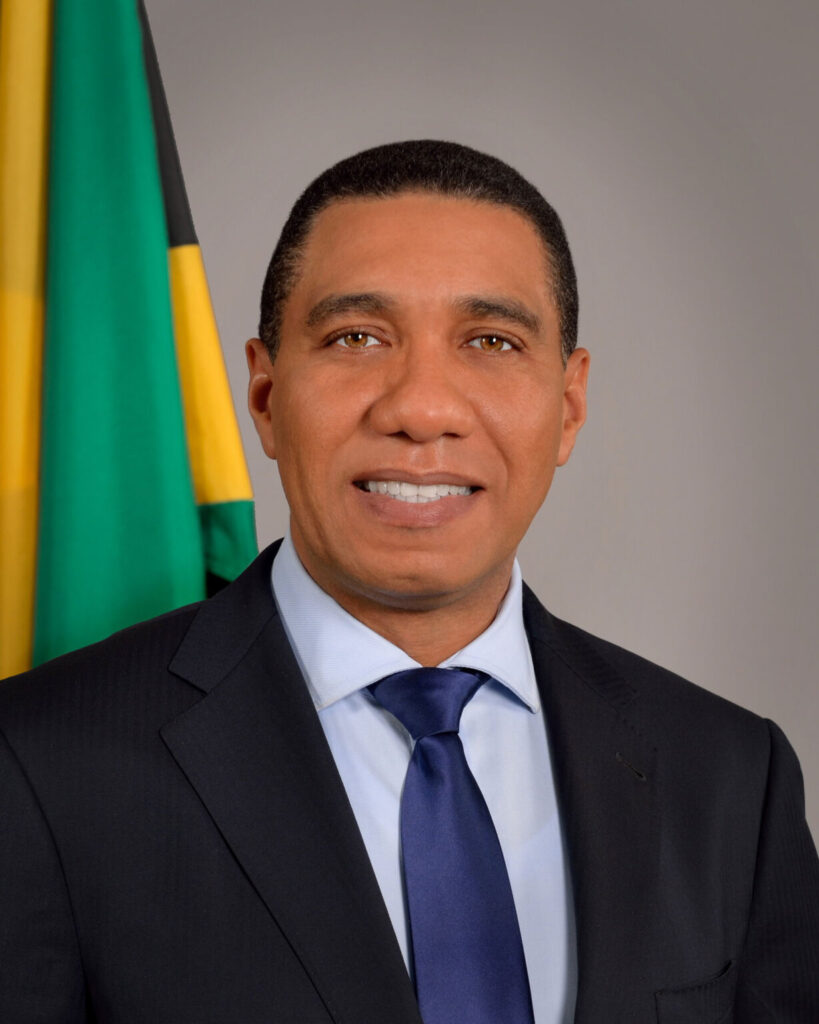Prime Minister Holness Reaffirms Government’s Commitment to Religious Freedom and Diversity

“Your government is dedicated to upholding religious freedom, ensuring everyone can worship, or not, as they choose. This is both a legal and moral duty, affirming individual dignity and fostering a society where all can thrive.”
-Prime Minister Holness
Prime Minister Dr. Andrew Holness says the Government of Jamaica remains steadfast in its commitment to upholding religious freedom, ensuring that every citizen can practice their faith without fear of discrimination or disadvantage.
Prime Minister Holness made a declaration at the Seventh-day Adventist Religious Liberty Summit, held on Thursday (January 30) at the Jamaica Conference Centre in Kingston.
Acknowledging the challenges faced by some religious groups, including Seventh-day Adventists who observe the Sabbath on Saturdays, the Prime Minister emphasized that safeguarding religious liberty is a continuous effort requiring vigilance, commitment, and collaboration.
“Your government is dedicated to upholding religious freedom, ensuring everyone can worship, or not, as they choose. This is both a legal and moral duty, affirming individual dignity and fostering a society where all can thrive. Yet safeguarding this liberty is an ongoing effort requiring eternal vigilance, commitment, and collaboration”, Prime Minister Holness stated.
The Prime Minister continued, “We are after all out of many one people. We must find strength in varied perspectives and work together for the common good. My government remains committed to ensuring that our laws and policies reflect this respect for religious diversity.”
Dr Holness underscored that religious liberty is not about division but coexistence, stressing the importance of mutual respect. “Faith should never lead to discrimination but rather to a deeper appreciation of what binds us together, our shared national identity, our humanity, our respect for each other, and our collective aspiration for a better society.”
The Prime Minister also commended businesses and institutions that have already taken steps to accommodate religious observances in their operations. “Flexibility in the workplace where feasible is not just an act of goodwill; it is a reflection of sound business and human resource practices. A workforce that feels respected and valued is a more productive and committed workforce, and I truly believe that,” observed Prime Minister Holness.
Meanwhile, Prime Minister Holness encouraged more employers to engage with employees and faith-based organizations to find solutions that balance operational requirements with religious commitments. Noting that frameworks such as the Flexible Workweek Engagement can facilitate accommodations, Prime Minister Holness highlighted the government’s commitment to working with religious organizations, the private sector, and the Ministry of Labour to review policies ensuring religious liberties align with Jamaican law and international human rights standards.
Turning his attention to educational institutions, Prime Minister Holness reiterated that access to education must never come at the cost of one’s faith. “Educational institutions should seek to uphold the spirit of inclusion by ensuring that students are not placed at an unfair disadvantage due to their religious observances. As a government, we believe that dialogue, as exemplified by this summit, is the most effective tool in resolving issues.”
The Prime Minister also called on faith-based groups to step up their role in promoting values and behavioural change within communities. “We need the church right now to be more active, especially in promoting and upholding values of care, respect, discipline, and a love for knowledge. By embedding these values in the hearts and minds of our people, you can help create a culture that is kinder, more empathetic, and more understanding.”
In the meantime, Prime Minister Holness urged all stakeholders to commit to practical and sustainable solutions that uphold the fundamental rights of all Jamaicans.